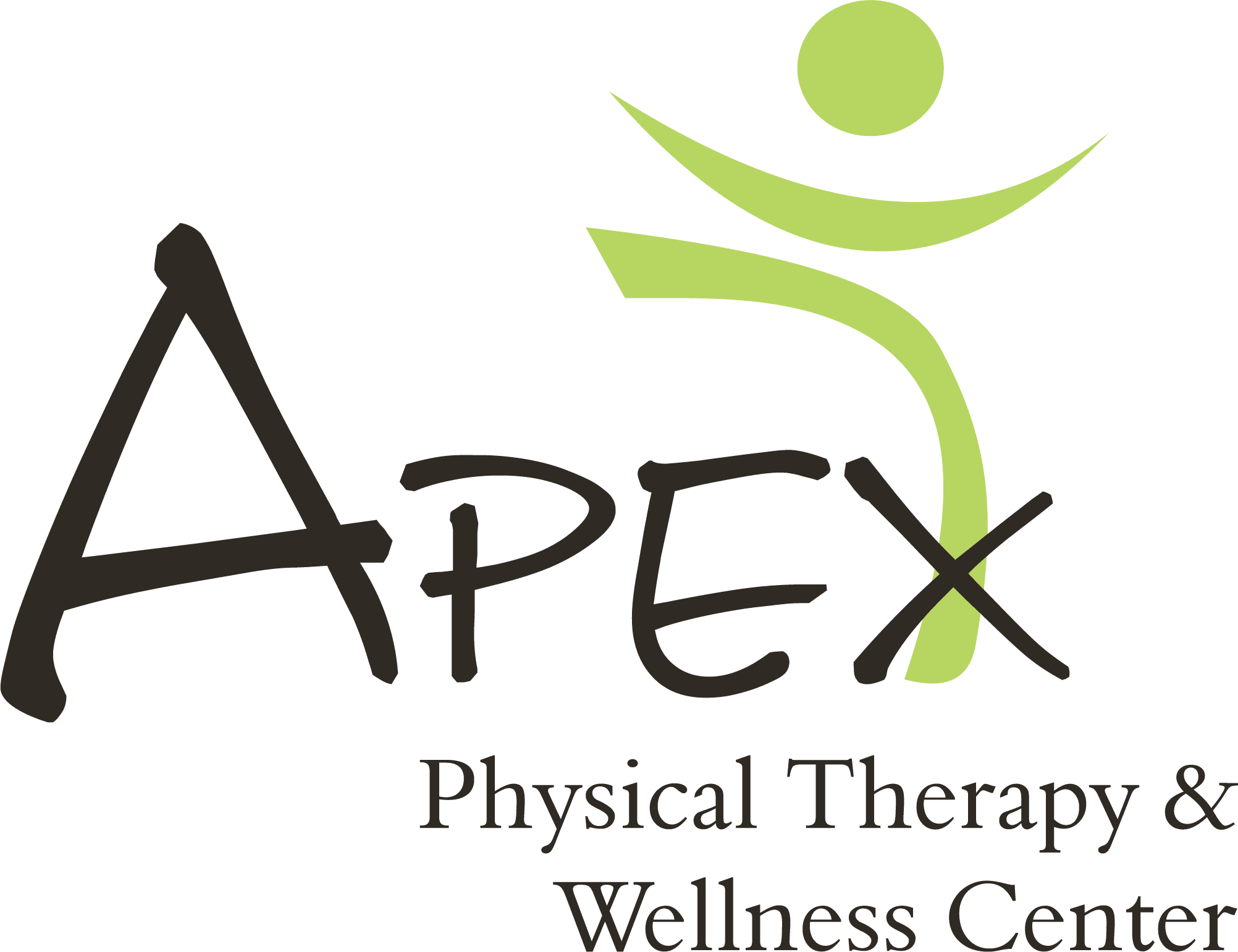Have you ever taken the time to watch a wild animal such as a deer in the wilderness? Maybe they are out munching on some grass, grazing through a gentle breeze with the sun setting in the distance. Suddenly, they hear a twig crack and Zip! Just like that, their ears are perked, eyes dilated and ready to bound out of danger! But then they notice it was just a friendly field mouse that was scooting on by and they relax their system, ears go down, eyes back to normal and they start munching once again. Ah, to be a deer.
ABOUT 7% OF PEOPLE WILL SUFFER FROM PTSD IN THEIR LIFETIME.
I wish I could tell you that our brains and nervous system are like that of a dear, but alas, our brains are much more complex than that of a deer. When a human experiences a traumatic event, so many factors come into play…What were you feeling at the time of the event, was the event was sudden and unexpected, how much it scared and physically hurt you, has it left you with continued physical ailments, did it leave you feeling frail and weak, has it completely changed the outcome of your life…the list can go on and on.
To date, the bulk of PTSD research has concentrated on veterans (“Post-Traumatic Stress Disorder”). Trauma, on the other hand, can hit someone at any moment. Trauma can be highly subjective, depending on the person and their prior experiences. As stated by the National Center for PTSD, about 7 to 8 people out of every 100 will suffer from PTSD at some stage in their lives. Women are more probable than men to develop PTSD, and some individuals may be predisposed to it due to genetics.
Post-Traumatic Stress Disorder is not a condition that appears out of nowhere. Instead, this is a mental disorder that develops in the wake of an overwhelming and/or frightening event.
At the point when we feel pushed or undermined, our bodies discharge chemicals called cortisol and adrenaline. This is the body’s programmed method of getting ready to react to a threat, and we do not influence it. The response our body has is
- Fight
- Flight
- Freeze
- Fawn
When these experiences happen there leaves a new impression on the brain, usually in the emotional center called the hippocampus. The hippocampus is a part of the brain that is responsible for memory and emotions. The hippocampus tends to be smaller in people with PTSD. However, it’s uncertain whether the hippocampus was smaller prior to the actual trauma or has shrunk because of it.
Changes in this area of the brain are believed to be linked to fear and anxiety, memory disorders, and flashbacks serving as PTSD causes. Since the hippocampus is malfunctioning, flashbacks and nightmares may not be adequately processed, resulting in anxiety that does not diminish with time. Stress hormones, which are released during stressful events, are also abnormally elevated in people with PTSD. Some PTSD symptoms, such as hypersensitivity and numbness, can be caused by elevated hormone levels.
So, if you have experienced a traumatic event such as a car accident or any other unexpected event that caused a lot of stress to your body, your nervous system imprints those responses to keep you alive. What a wonderful gift! But the problem with that imprint is that it doesn’t need to stay imprinted on your brain and your nervous system doesn’t need to feel like it’s in a constant state of danger—this can lead to excessive dumps in cortisol and other hormones that tend to lead to other health issues such as autoimmune disorders, chronic fatigue syndrome, muscle pain, weakness, headaches, anxiety, brain fog, hyperarousal, sleep disturbances and more. When your body is stuck in Fight, Flight and/or Freeze responses your body is incapable of healing. Healing comes when your nervous system is calm and in the rest/digest responses.
WHAT TO DO ABOUT IT IF YOU ARE EXPERIENCING SYMPTOMS OF PTSD FROM EVENTS IN YOUR LIFE.
- Make an appointment with a healthcare professional that will oversee your care.
- Find a good counselor and/or a good psychologist that specializes in PTSD/Trauma that you can trust to help you to work through some of these experiences. They have many new techniques that are out there such as ART & EMDR therapy (There are SO many others, too) that have shown great improvements in PTSD and issues related to PTSD.
- Find a good Physical Therapist and/or Massage therapist who knows how to work with the physical part of your pain to help alleviate your symptoms and calm your nervous system.
- Practice mindfulness – Breathing, meditation, yoga, grounding techniques and gentle exercise are all helpful tools to help you through difficult moments that you could be struggling with.
- Give yourself grace and check in often-being honest with yourself about how you are feeling and using the tools your healthcare team provides will slowly help you reset your nervous system and re-imprint those experiences with more calming ones-which will slowly get your body out of the fight, flight and freeze response and into a rest and digest response where your body will be able to start repairing it’s tissues and you can start on your path to true healing.
Healing is possible and Apex can be a part of your healthcare team that helps you come back to a healthy working nervous system.
